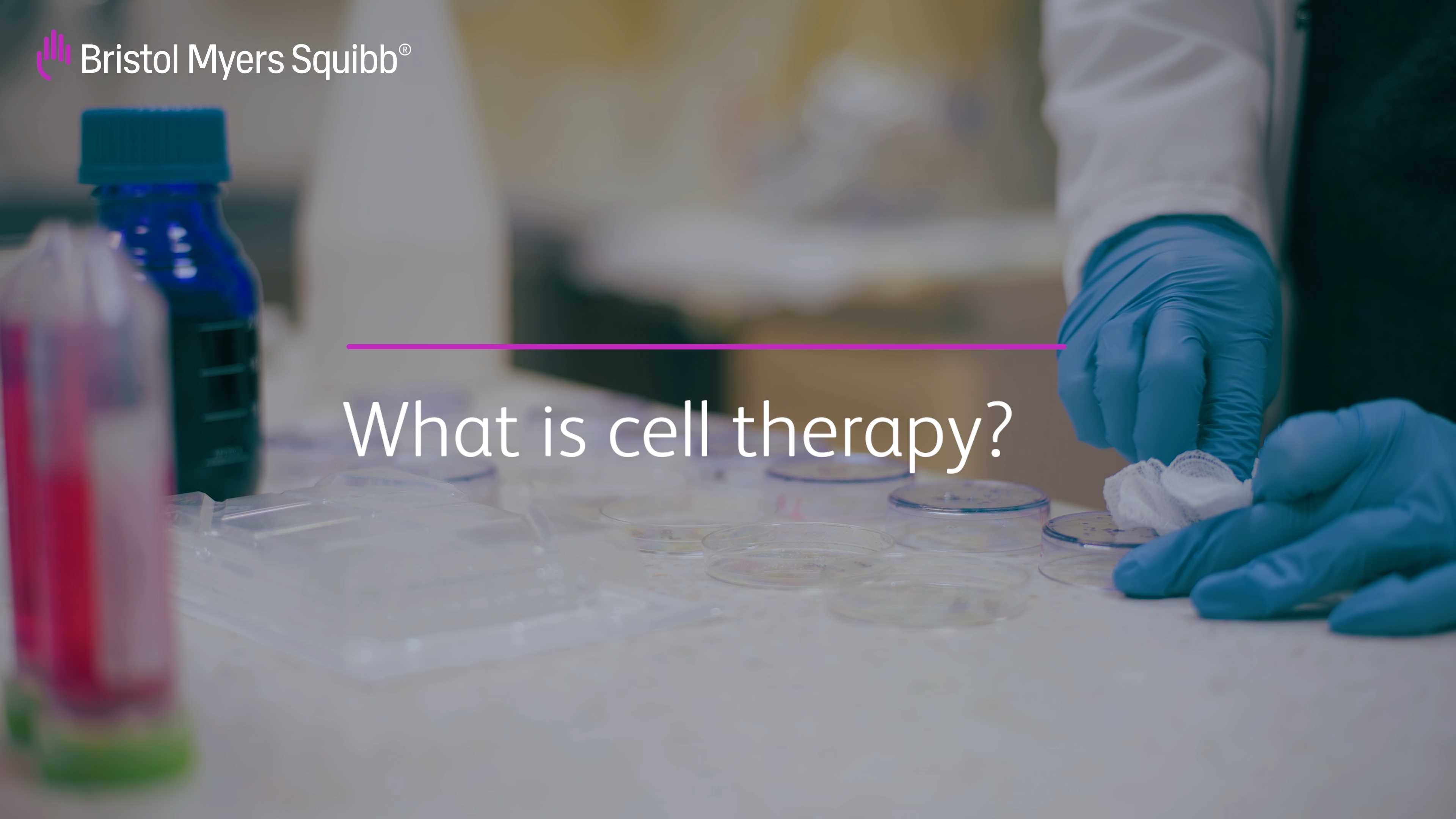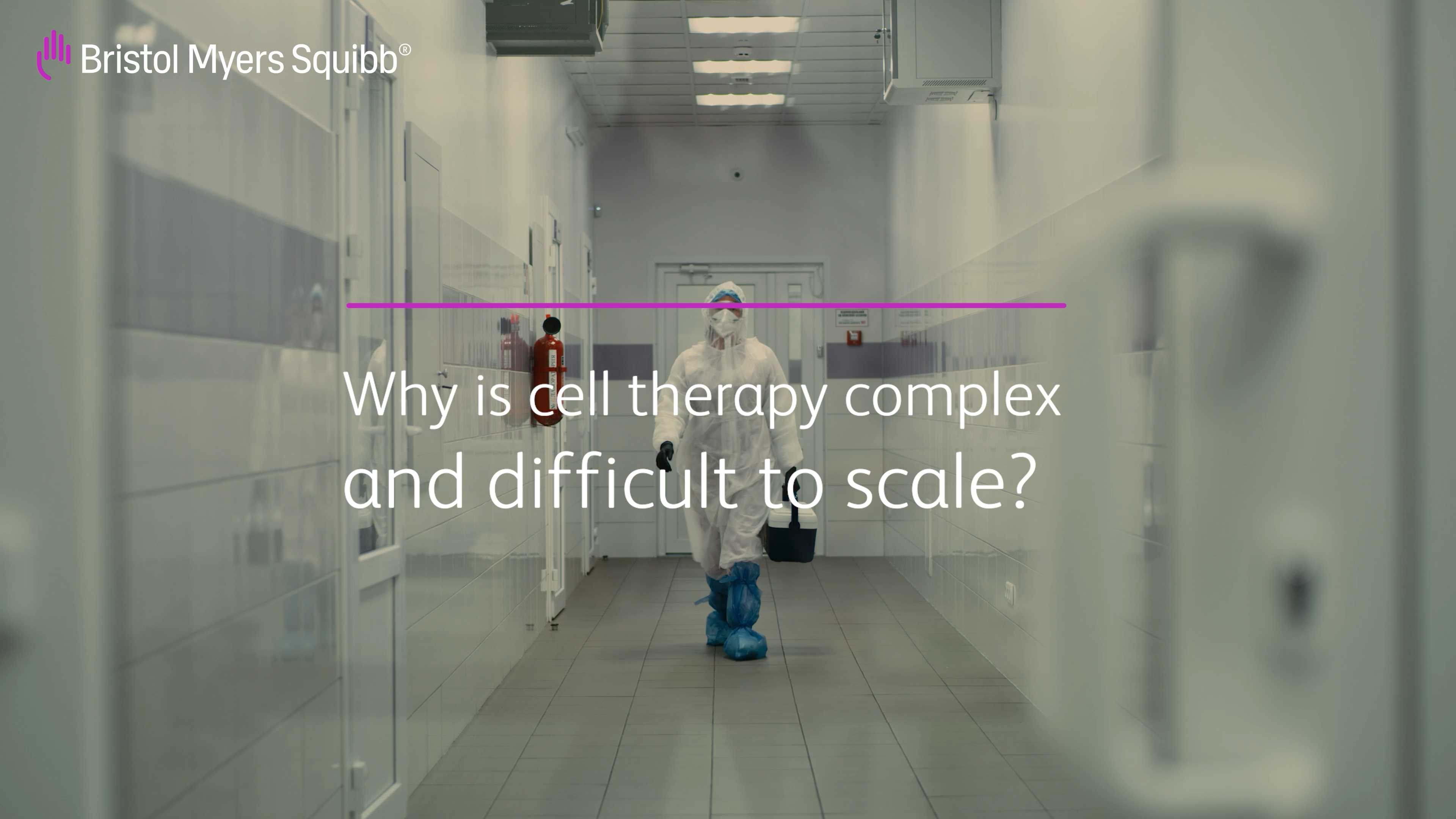An interview with Anne Kerber, SVP, Head of Late Clinical Development, BMS
Cell therapy is a revolution. CAR-T cell therapy is a type of cancer immunotherapy treatment where a patient’s T-cells are genetically engineered to recognize, target and bind to proteins found on certain cancer cells.
Data shows that CAR-T cell therapy can significantly improve outcomes for patients with certain types of advanced blood cancers. Usually administered as a one-time infusion, CAR-T cell therapy offers hope for patients who have run out of options.
Scientists are excited about the therapeutic potential of CAR-T cell therapy for a range of diseases, including immune-related disorders such as lupus and multiple sclerosis.
CAR-T cell therapy is unlike treatment with conventional medicines.
For cell therapy, the challenges are to scale manufacturing, adapt the supply chain, update and align regulatory pathways, and agree on a payment model that is sustainable for healthcare systems and rewards innovation.
With the rapid evolution of technology in cell therapy, healthcare systems should adapt so that EU patients can benefit. That requires dialogue between all stakeholders, including the industry.
EU policymakers revising the EU General Pharmaceutical Legislation should consider the unique complexities of cell therapy. By future-proofing the regulatory framework, EU patients can benefit from these revolutionary treatments.
In this extended interview, Anne Kerber, SVP, Head of Late Clinical Development, who is a former hematologist oncologist, shares her expertise about cell therapy – its development and clinical application, scalability challenges and how a responsive policy environment can help to realize its potential for the EU’s patients.




